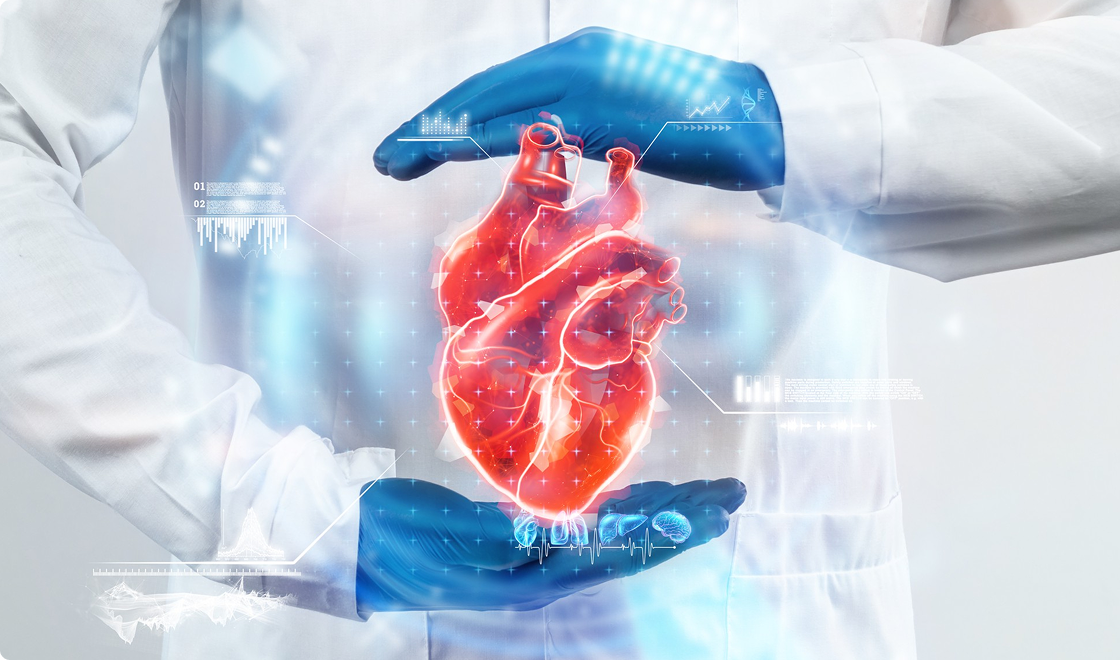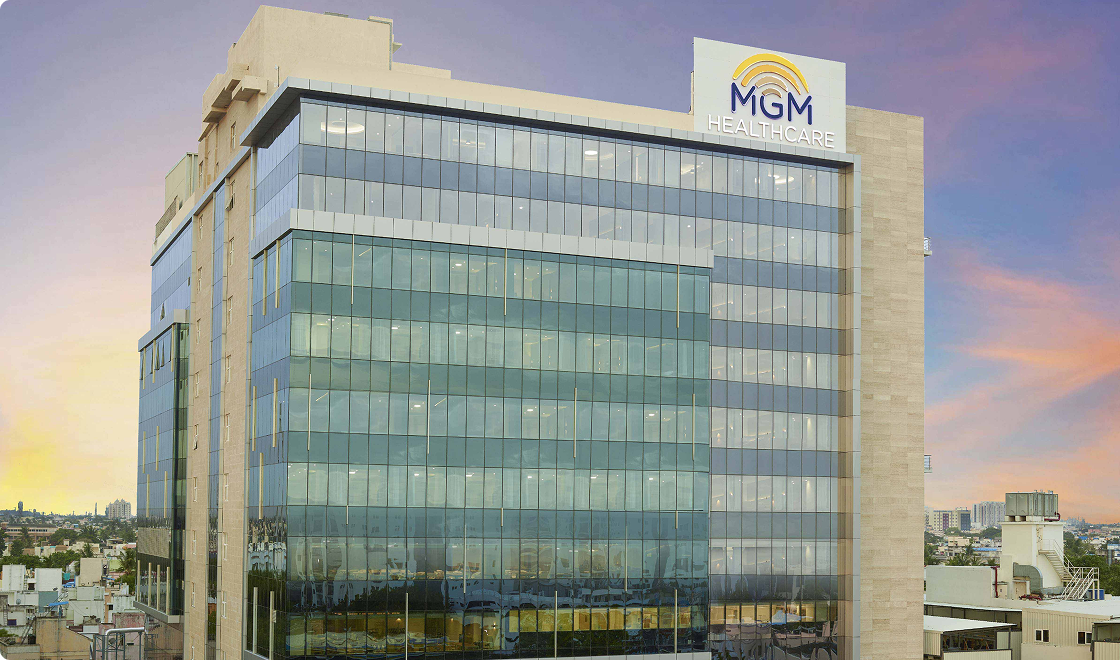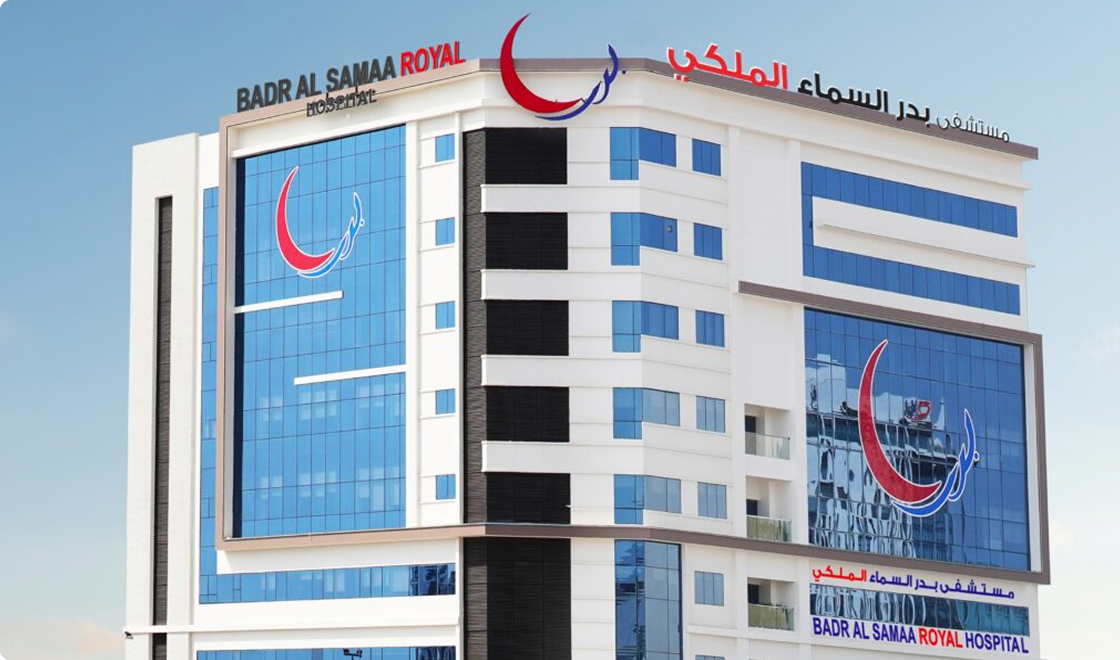
Heart Valve Repair and Replacement Surgery
Heart valve replacement surgery and repair are essential procedures used to treat patients suffering from valve disorders that affect normal blood flow within the heart. These procedures help restore proper heart function by either repairing the damaged valve or replacing it with an artificial or biological one.
At Save Heart Failure, we specialize in providing advanced valve disease treatment, ensuring each patient receives the most suitable and effective care. Whether it’s a minimally invasive repair or a full heart valve replacement surgery, our expert team ensures precision, safety, and optimal recovery for better long-term heart health.
Understanding what valve replacement surgery involves helps patients make informed decisions about managing their cardiac conditions confidently.
Signs of Heart Valve Problems
The common symptoms of heart valve disease include chest discomfort, shortness of breath, fatigue, dizziness, irregular heartbeat, and swelling in the legs, ankles, or feet. However, it’s important to note that some individuals may experience no noticeable symptoms until the condition becomes severe, emphasizing the need for regular cardiac evaluations for early detection.
Types ofHeart Valve Disease We Treat
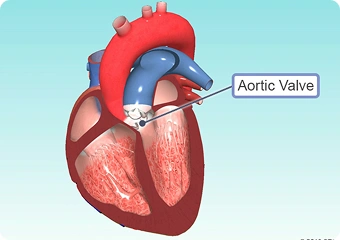
Aortic Valve Disease
We offer comprehensive care for aortic valve disorders, including aortic valve replacement surgery, to treat conditions such as stenosis (narrowing of the valve) and regurgitation (leakage of blood backward). This procedure helps restore proper blood flow from the heart to the body, preventing symptoms like chest pain, breathlessness, and fainting spells associated with aortic valve disease.
Mitral Valve Disorders
Our mitral valve intervention services treat issues like mitral valve prolapse, stenosis, and regurgitation, all of which impact blood flow between the heart’s left chambers. Accurate diagnosis and tailored repair or replacement procedures ensure that blood moves efficiently, reducing symptoms such as fatigue, shortness of breath, and the risk of developing congestive heart failure.
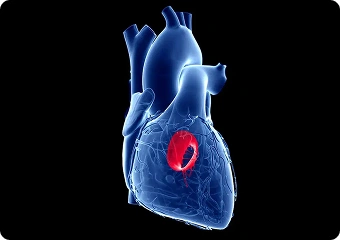
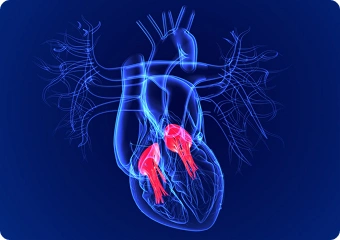
Tricuspid Valve Abnormalities
We provide expert tricuspid valve treatment for abnormalities that affect the valve controlling blood flow between the right atrium and right ventricle. Conditions such as tricuspid stenosis or regurgitation can lead to swelling, liver congestion, and fatigue. Timely surgical or non-surgical interventions ensure restored function and prevent further complications in the heart circulation.
Pulmonary Valve Disorders
Our clinic specializes in pulmonary valve procedures that correct stenosis or regurgitation of the pulmonary valve, which connects the heart to the lungs. These disorders can reduce oxygenated blood flow, causing symptoms like fatigue and cyanosis. Interventions help improve pulmonary circulation, enhance oxygen delivery, and support overall heart and lung function for better health outcomes.
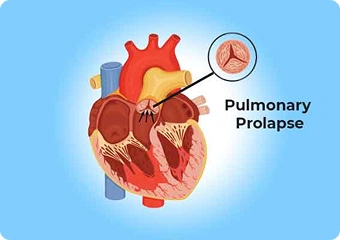
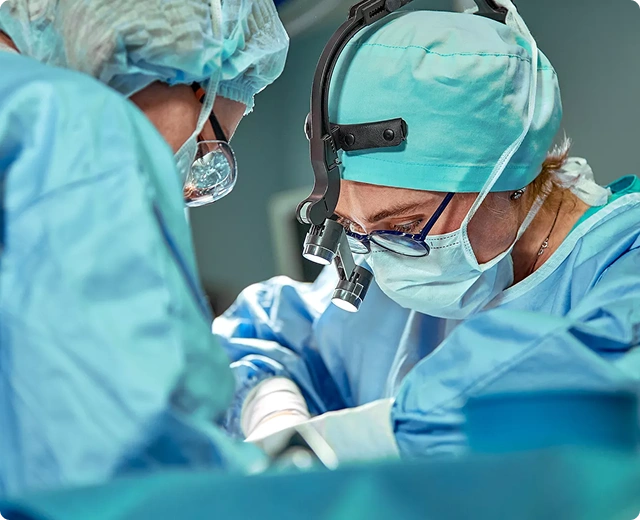
Pre-Surgery Evaluation and Preparation
At Save Heart Failure, every patient undergoing open-heart valve surgery benefits from a thorough pre-surgical evaluation. Our detailed diagnostics include echocardiography, CT scans, MRI, and cardiac catheterization to assess heart function precisely.
Using a specialized heart team approach, we bring together cardiologists, surgeons, and imaging experts to review each case carefully. This collaborative method ensures a personalized treatment plan that best suits the patient’s condition, optimizing surgical outcomes and minimizing risks.
Surgical Solutions We Provide
Heart Valve Repair
Minimally invasive valve repair is the preferred option when the valve's natural structure can be preserved, such as in cases of mitral valve prolapse or tricuspid valve regurgitation. This technique avoids the need for full valve replacement, offering patients reduced surgical trauma and lower complications like blood clots or infection risks. The procedure allows the heart to function with its original tissue, ensuring more natural valve movement and preserving long-term heart function. It is particularly beneficial for low-risk patients.
Heart Valve Replacement
In cases where repair is not feasible due to severe damage or calcification, a heart valve operation to replace the valve becomes essential. This surgery involves the placement of prosthetic heart valves, either biological or mechanical. The procedure ensures restored blood circulation and improved heart performance. While mechanical valve surgery offers durability, biological valves offer the advantage of not requiring long-term anticoagulation. The decision depends on age, lifestyle, and medical needs. Each type has specific benefits tailored to patient requirements.
Biological Valve Replacement
Biological valve replacement involves using valves made from animal tissue, usually pig (porcine) or cow (bovine) sources. These valves are ideal for older patients or those who cannot tolerate lifelong blood-thinning medications. The natural tissue closely mimics the body’s valve function, reducing the risk of clot formation without the need for regular anticoagulants. However, these valves may have a limited lifespan of 10–20 years and could require re-replacement. This option ensures safe, effective performance with lower maintenance for daily living.
Mechanical Valve Replacement
Mechanical valve replacement uses artificial valves made from materials like titanium or carbon. These prosthetic heart valves are highly durable, making them suitable for younger patients or those requiring a permanent solution. However, this durability comes with the need for lifelong blood-thinning medications to prevent clot formation. Mechanical valve surgery is recommended for individuals who can maintain strict anticoagulation therapy. These valves offer reliability, strength, and are less likely to degrade over time compared to biological options.
Specialized and MinimallyInvasive Procedures
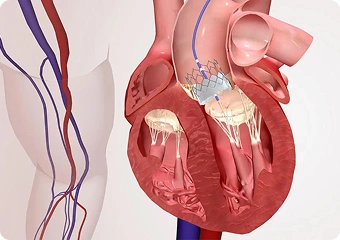
BMV (Balloon Mitral Valvotomy)
Balloon Mitral Valvotomy (BMV) is a specialized non-surgical procedure used to treat heart valve disorders such as mitral valve stenosis. A balloon catheter is carefully inserted and inflated to widen the narrowed valve, restoring normal blood flow. It offers a safer alternative for patients unfit for open-heart surgery, reducing risks and recovery time.
TAVR (Transcatheter Aortic Valve Replacement)
TAVR is a cutting-edge option for high-risk valve patient care, offering an alternative to open-heart surgery in treating aortic valve stenosis. A replacement valve is inserted via catheter without removing the old one, ensuring faster recovery, minimal pain, and fewer complications. It's ideal for elderly or frail patients with complex health profiles.
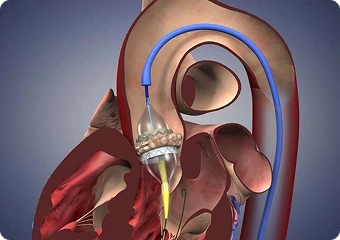
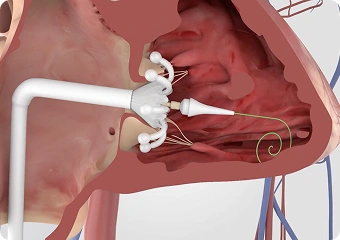
TTVR (Transcatheter Tricuspid Valve Repair/Replacement)
TTVR provides an advanced, minimally invasive solution for heart valve disorders, specifically tricuspid regurgitation. Suitable for patients not eligible for open surgery, this catheter-based procedure repairs or replaces the tricuspid valve effectively. It improves valve function, relieves symptoms, and ensures quicker hospital discharge while maintaining high safety for high-risk valve patient care.
MitraClip
MitraClip is a modern therapy designed for high-risk valve patients, addressing severe mitral regurgitation without the need for open-heart surgery. Through a catheter, a clip is delivered to the mitral valve to hold the leaflets together, reducing leakage and enhancing heart efficiency. It’s especially beneficial for patients unable to undergo traditional surgical repair.
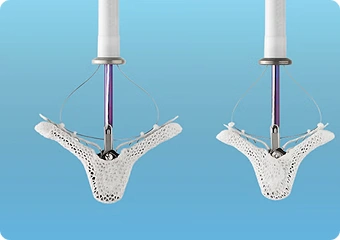
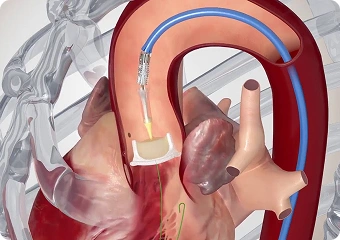
Valve-in-Valve Procedure
The Valve-in-Valve procedure treats failed heart valve disorders by placing a new valve within an existing surgical valve using catheterization. This technique prevents the need for repeat open-heart surgery, making it a preferred choice in high-risk valve patient care scenarios. It ensures effective valve function restoration with minimal invasiveness and rapid recovery.
Post-SurgeryRecovery and Rehabilitation
Following heart valve replacement surgery, patients at Save Heart Failure receive attentive post-operative care, including monitoring in a specialized cardiac ICU to ensure safety and stability. Our structured cardiac rehabilitation programs play a vital role in recovery, offering supervised exercise sessions, nutritional counseling, and stress management techniques to rebuild strength and improve heart function.
These programs are designed to accelerate healing, enhance physical endurance, and reduce future heart risks. Additionally, patients receive guidance on medications, lifestyle changes, and scheduled follow-ups to ensure long-term heart health and prevent complications.
Why Choose Our Heart Clinic for Heart Valve Surgery
Heart Valve Center of Excellence
Recognized as a trusted destination for complex heart valve replacement surgery and repair procedures.
Experienced Interventional Cardiologists
Our team includes skilled interventional cardiologists specializing in minimally invasive and open-heart valve surgeries.
Advanced Technology
Equipped with cutting-edge imaging, diagnostic tools, and surgical systems, ensuring high precision and safety during procedures.
Personalized Patient Care
Comprehensive pre-surgery evaluation, tailored treatment plans, and post-operative follow-up designed for optimal outcomes.
Multidisciplinary Expertise
Collaborative care involving cardiologists, surgeons, and rehabilitation specialists offering seamless support throughout the surgical journey.
Our Locations
Discover morefrequently asked questions
-
Heart valve replacement surgery, while generally safe, carries potential risks such as bleeding, infection, blood clots, or valve failure. The likelihood of complications depends on factors like age, existing heart valve disease, and the chosen surgical method, open or minimally invasive.
-
Recovery after heart valve replacement surgery typically ranges from 6 to 12 weeks. Patients may require cardiac rehabilitation, lifestyle changes, and follow-up appointments to monitor healing, prevent complications, and restore heart function effectively.
-
Considered a critical procedure, heart valve replacement surgery addresses life-threatening heart valve disease. The complexity varies by case, but advancements in technology and surgical expertise significantly reduce risks and improve success rates.
-
Heart valve replacement surgery is classified as major surgery due to the complexity of replacing or repairing a vital cardiac structure. It demands skilled surgical intervention, thorough preparation, and structured post-operative care to ensure patient safety and success.

